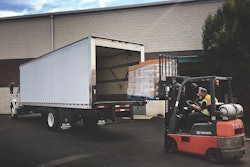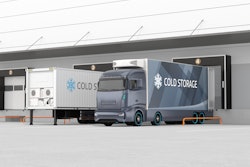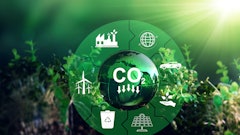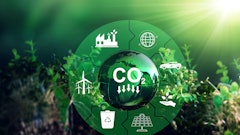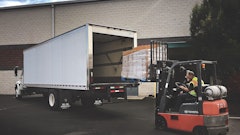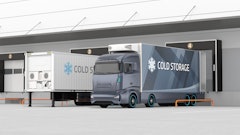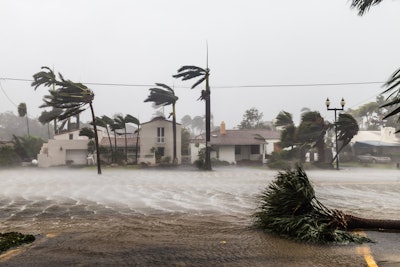
The United States recorded 27 individual weather and climate disasters that caused at least $1 billion in damages during 2024, according to the National Oceanic and Atmospheric Administration’s National Centers for Environmental Information.
Part of the organization’s 2024 Billion-Dollar Disaster Analysis, this finding comes after 28 events were analyzed throughout 2023 – a record-setting total – as well as how:
- A University of Reading research team study predicted that hurricanes in the Atlantic and Eastern Pacific oceans will become more intense and frequent in the next 10 years.
- Research published in Proceedings of the National Academy of Sciences placed the US’ Eastern and Central regions as the world’s hotspots for the most frequent and damaging tornadoes.
It quickly becomes clear that those across the United States need to make sure they are prepared for extreme weather.
Propane should play a critical role in these preparations. Here’s how.
How propane can help prepare for extreme weather
It can be a stressful time preparing for the arrival of extreme weather.
As well as stockpiling supplies, companies should also be integrating propane into emergency plans by using this gas to build resilience into their property’s energy systems.
Propane, an energy source independent from the electric grid, proves appealing as it can be stored on-site and then used immediately should power lines go down or electrical infrastructure become compromised during a natural disaster.
It is also possible to keep propane in storage over long periods of time. While diesel and gasoline will eventually degrade and expire, propane will not lose its effectiveness even when stored for extended periods.
Need to move propane from one site to another as part of preparing for extreme weather? The stability of this gas means that it is safer to transport than other fuel supplies.
How propane can help during natural disasters
Once extreme weather conditions arrive, propane can instantly provide people with all of the following:
- Heat and hot water.
- Backup power to lighting and security systems around properties.
- Power to refrigeration units.
- Power needed to operate medical equipment.
- Power to critical infrastructure, including emergency shelters and cell towers.
- An independent hybrid energy system, when propane generators are designed to work with wind, solar and other forms of renewable energy.
Propane is particularly safe to transport when preparing for extreme weather. When there is a crisis situation developing though, this energy-rich gas works well when needing to bring it into zones deemed to be at a high-risk or environmentally sensitive.
This is because propane presents a minimal level of risk to the environment should it leak or spill, while also producing less greenhouse gas emissions than many other traditional forms of fuel, according to the Propane Education & Research Council.
How propane can help in the aftermath of a natural disaster
Thanks to propane being a choice of energy that can be used immediately after extreme weather has caused damage to infrastructure and power lines, the gas can prove critical in providing humanitarian aid quickly.
A natural disaster can often lead to people needing urgent and ongoing medical care, for instance, which can be difficult if an affected area has limited electricity. Fortunately, propane-powered generators can provide uninterrupted power to everything from ventilators to lighting in operating rooms, and refrigerators storing vaccines.
Aid workers can also rapidly set up propane heaters to keep displaced families warm when they are needing to stay in tents, emergency shelters or makeshift housing.
Displaced families can make use of propane-powered stoves and cooking apparatus too. These are not only simple to transport anywhere that they are needed, but the National Propane Gas Association reports that they emit less emissions than many other fuels thanks to the propane being a cleaner-burning gas.
As well as being fed, it is important during a humanitarian crisis that people have access to clean water and sanitation. Water pumps and heaters can both be powered using propane gas, limiting the risk of illnesses spreading and hygiene practices being abandoned.
Propane is already being used as a powerful, reliable, and safe energy source that’s fueling homes, businesses, and vehicles across the United States. This versatile and environmentally friendly energy solution can also prove important when preparing and dealing with the devastating effects that extreme weather can have on communities.
Whether it is someone looking for a long-term gas storage solution when preparing for extreme weather, a means of keeping power on during a damaging storm, or ensuring displaced families receive humanitarian aid without delay in the aftermath of a natural disaster, propane is there to help.





